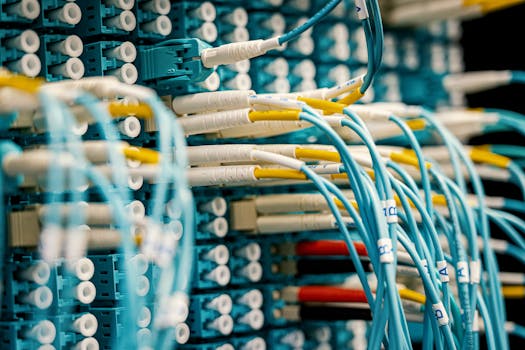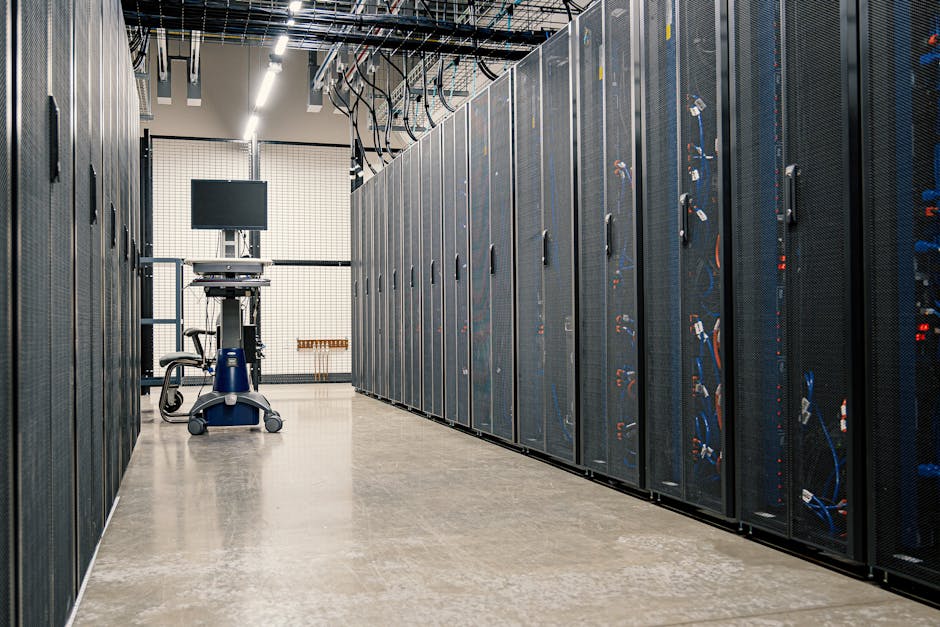
The Role of Fiber Companies in Africa’s Smart City Initiatives
Introduction

The concept of smart cities has gained significant attention in recent years, and Africa is no exception. With the rapid urbanization of cities, there is a growing need for efficient and sustainable infrastructure to support the increasing population. Fiber companies have emerged as key players in this initiative, providing the necessary infrastructure for connectivity and digital transformation. In this article, we will explore the role of fiber companies in Africa’s smart city initiatives and the impact they have on the continent’s urban development.
The Importance of Fiber Connectivity in Smart Cities

Fiber connectivity is the backbone of any smart city initiative. It provides the necessary infrastructure for the exchange of data, communication, and connectivity between various devices and systems. Fiber companies have been instrumental in laying down the fiber optic cables that enable high-speed internet connectivity, which is essential for the functioning of smart cities. With fiber connectivity, cities can deploy various smart applications such as intelligent transportation systems, smart grids, and public safety systems, which can significantly improve the quality of life for citizens.
Challenges Facing Fiber Companies in Africa

Despite the importance of fiber connectivity, fiber companies in Africa face several challenges. One of the major challenges is the lack of infrastructure in many parts of the continent. In some countries, the existing infrastructure is outdated and unable to support the demands of modern technology. Additionally, the cost of laying down fiber optic cables can be prohibitively expensive, making it difficult for fiber companies to penetrate rural areas. Furthermore, regulatory frameworks in some countries can be unclear or unfavorable, creating uncertainty for investors and hindering the growth of the fiber industry.
Success Stories and Future Prospects

Despite the challenges, there have been several success stories of fiber companies in Africa. For example, in South Africa, the city of Cape Town has implemented a smart city initiative that includes a fiber optic network that provides high-speed internet connectivity to residents and businesses. Similarly, in Kenya, the city of Nairobi has launched a smart city initiative that includes a fiber optic network that provides connectivity to various smart applications. These success stories demonstrate the potential of fiber companies in Africa and the impact they can have on urban development. As the demand for fiber connectivity continues to grow, fiber companies are expected to play an increasingly important role in the development of smart cities in Africa.
Conclusion

In conclusion, fiber companies play a vital role in Africa’s smart city initiatives. They provide the necessary infrastructure for connectivity and digital transformation, which is essential for the functioning of smart cities. While there are challenges facing fiber companies in Africa, the success stories and future prospects demonstrate the potential of the industry and the impact it can have on urban development. As the continent continues to urbanize, the demand for fiber connectivity will only continue to grow, and fiber companies will be at the forefront of this development.
See more:





